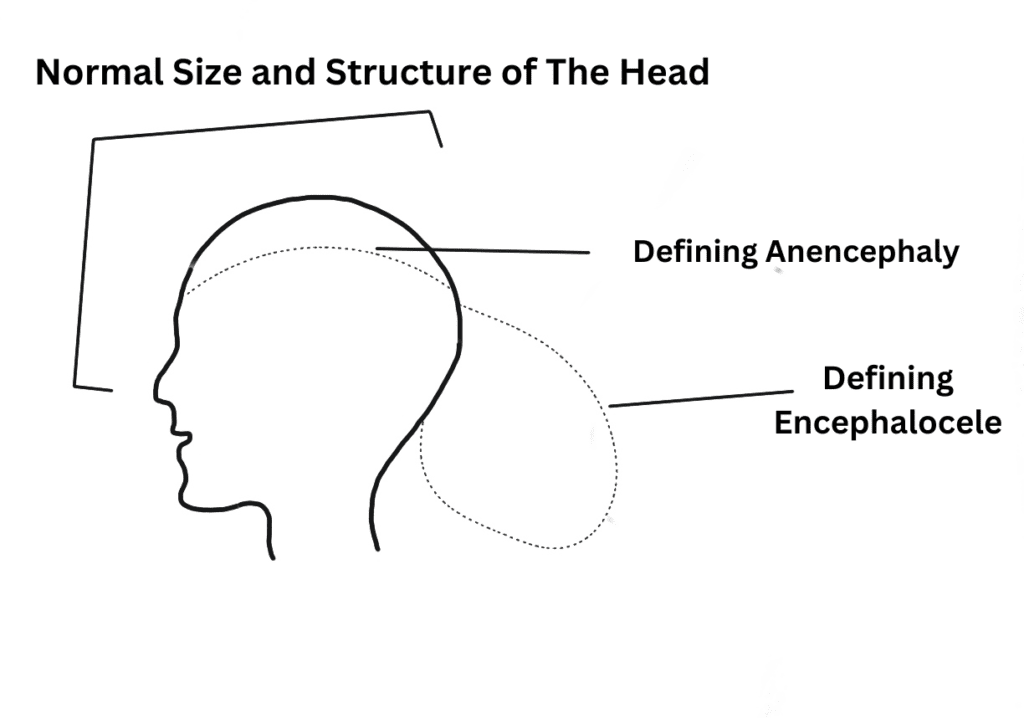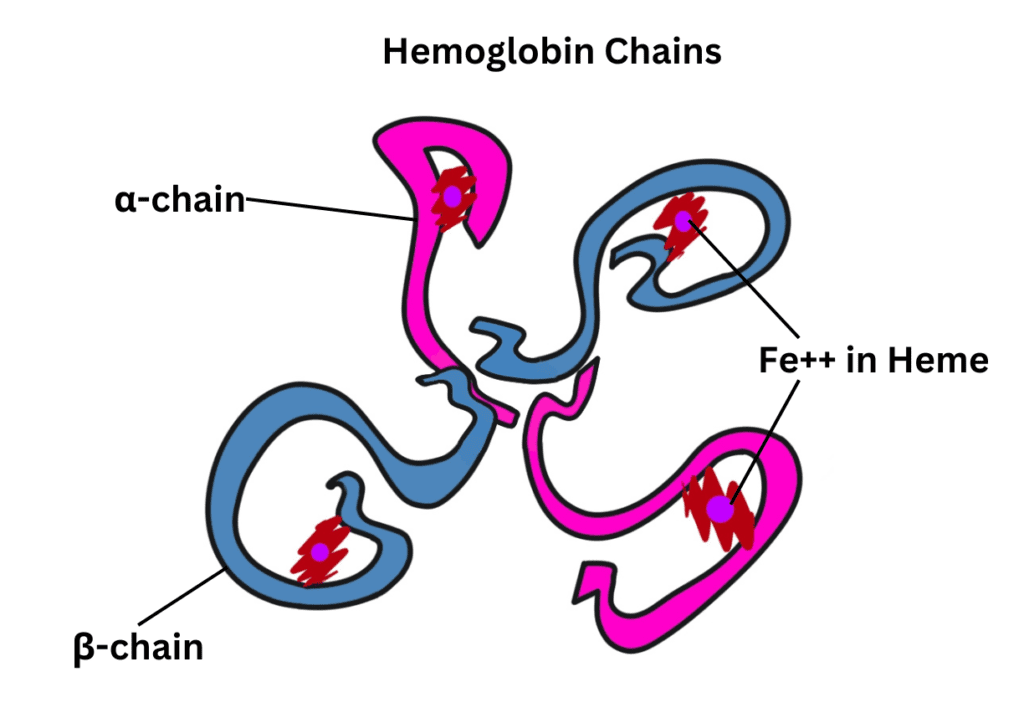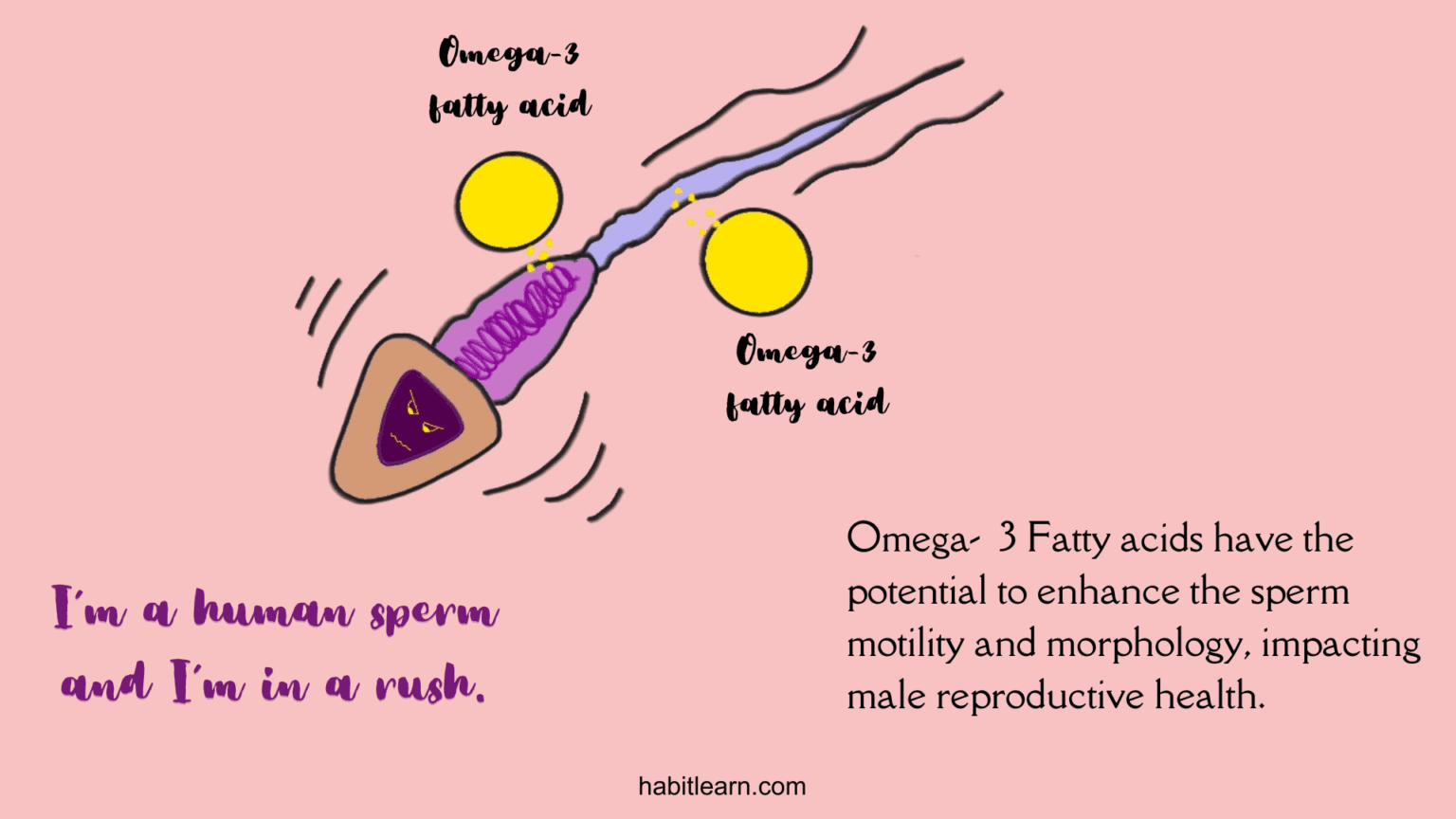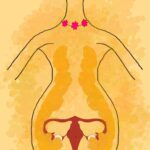Nutrition adds beauty to both physical and emotional well-being. The food we eat becomes the composition of our body. Nutrition always participates in essential mechanisms of the body. The same can be said about the soundness of reproductive health. Hormones regulate the reproductive cycle and fertility. But, behind the cover, nutrition plays its role. Nutrition fulfills the compositional requirement of hormones and various other chemicals, that regulate reproductive health. 3 types of nutrients participate actively in the maintenance of reproductive organs, menstrual cycle regulation, conception, and pregnancy.
Why Reproductive Health Matters?
The existence of any species depends upon the reproductive ability of its members. According to Charles Darwin’s theory of natural selection, those organisms that are the fittest among the members of a species are more likely to survive and reproduce. Sound reproductive health is pivotal for producing fit offspring. Pregnancy complications during the early trimester lead to birth defects that affect successive generations. So, it is advisable to care for reproductive health to produce the fittest offspring.
Nutrients That Impacts Reproductive Health
Various nutrients, somehow, play their role in maintaining the vitality of reproductive organs and respective cycles. But these 3 nutrients are the most essential in the context of reproductive health.
1. Folic Acid Involvement
Folic acid or vitamin B9 is a water-soluble vitamin. It is the synthesized from of Folate. Our body does not produce folate naturally; it must be supplied through diet or supplements. Folic acid affects the various physiological processes in our body. A general overview is given below;
DNA Synthesis and Cell Division
Folic acid contributes to the formation of the nuclear material of our cells, DNA. DNA replication is the main process of cell division. A cell needs to divide its DNA first before the division of cytoplasm. Folic acid plays an active role in DNA synthesis and cell division. Rapid stages of cell division require an efficient amount of folic acid in the body. Folic acid becomes an essential entity in the phases of cell division, cell differentiation, and organ formation during pregnancy. Besides pregnancy, the body needs folic acid for the healthy growth and development of reproductive organs.
Reducing the chances of Preeclampsia
Preeclampsia is a medical condition that occurs in pregnancy, characterized by high blood pressure that can affect the normal development of the embryo. The relationship between folic acid and preeclampsia is under research. The concerned mechanisms are not fully understood. But somehow, folic acid seems to have a positive impact in preventing preeclampsia. Some studies suggest that folic acid has a role in the metabolism of homocysteine. Elevated levels of homocysteine are known to cause cardiovascular problems, thus leading to high blood pressure. Folic acid metabolizes homocysteine and prevents its accumulation in the body.
Formation of Neural Tube in an Embryo
Formation of the neural tube is the primary role of folic acid concerning reproductive health. The neural tube forms the brain and spinal cord of an embryo during the early phase of pregnancy (almost within the first 28 days). Proper formation and closure of neural tubes are pivotal for optimal brain and spinal cord formation. Folic acid deficiency in the early stages of gestation leads to neural tube defects like anencephaly or encephalocele.

Sources of Natural Folate
- Leafy green vegetables
- Legumes
- Nuts and seeds
- Fortified cereals
2. Iron
Iron is always necessary for the majority of processes taking place in our body. How iron matters in maintaining the integrity of reproductive health? Let’s peep into the details.
Component of Hemoglobin
Iron is the pivotal component in the structure of hemoglobin. Hemoglobin is a globular protein that makes the 95% of a red blood cell. The oxygen-carrying ability of hemoglobin makes it an essential entity for the oxygenation of blood and tissues. Hemoglobin contains ferrous ions at the center to bind with oxygen molecules. Deficiency of ferrous ions due to numerous reasons can lead to iron deficiency anemia. Iron deficiency is a critical snag for reproductive health. Reproductive organs like the uterus, ovaries, etc require an appropriate oxygen supply to prevent oxidative stress and other related problems.

Menstrual cycle regularity
Imbalances in the iron concentration lead to the menstrual cycle irregularity. Menstruation is the shedding of the uterine lining if conception doesn’t occur. The Iron we consume compensates for the iron we lose during menstruation. An inadequate supply of iron can lead to anemia and disrupt the rhythmicity of menstruation.
Preventing Preterm Birth
The normal gestation period consists of 38-40 weeks. If the baby is born before 37 weeks of pregnancy, it is called preterm or premature birth. Iron, as a part of hemoglobin, serves the role of transporting oxygen to the developing fetal tissues and organs. Iron deficiency fails to synthesize appropriate molecules of hemoglobin. Insufficient amounts of hemoglobin cannot meet the oxygen requirement of the fetus and can lead to miscarriage or premature birth.
Natural Sources of Iron
- Red meat (lamb, beef)
- Poultry
- Beans and Lentils
- Fortified foods
3. Omega-3 fatty acids
Omega-3 fatty acids participate in a variety of processes in connection with reproductive health. The two primary Omega-3 fatty acids are. They play multiple roles in supporting normal fetal development and maintaining the vitality of reproductive organs.
Cell membrane formation
Omega-3 fatty acids are the structural components of cell membranes. They keep the cell membrane intact and responsive to the external stimuli. In fact, omega-3 fatty acids are lipids that do good to your health unlike trans-fats or bad fats. Accumulation of bad fats like LDL cholesterol causes obesity. Obesity is a menace to the reproductive health. Read how obesity can cause ovulatory dysfunction in women, Normal cell membrane integrity is crucial for the typical functions of a cell, including the cells of the reproductive organs.
Sperm Quality
Omega-3 fatty acids are well-known for their contribution to sperm quality maintenance. They improve the sperm morphology and motility, leading to better reproductive outcomes. Healthy sperm plays an effective role in conceiving a healthy baby. Increased levels of omega-3 fatty acids are known to boost the sperm count in semen.
Fetal Brain and Eye Development
Omega-3 fatty acids actively participate in the development of fetal brain and eyes. Mother’s omega-3 fatty acids are carried to the fetal tissues for the healthy development of the concerned organs. It is advisable to consume sufficient levels of omega-3 fatty acids for the development of a healthy fetal brain. Moreover, read the interesting content I have written how omega-3 fatty acids refines the brain development?
Anti-inflammatory properties
Anti-inflammatory properties of omega-3 fatty acids prevent the reproductive organs from undergoing oxidative stress and inflammation. Omega-3 fatty acids maintain the vitality of reproductive organs by keeping the cell membranes intact and free from inflammation.
Potent sources of Omega-3 fatty acids
- Fatty fish (salmon, sardines, mackerel)
- Flaxseeds
- Chia seeds
- Walnuts
- Read the complete list of potent sources of omega-3 fatty acids.




